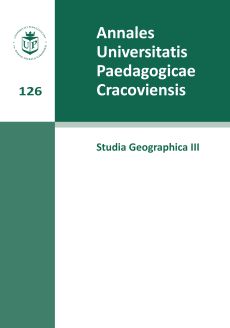Main issues concerning drinking water supply in the Angara River watershed
Keywords:
Angara river, water, water resources, water quality, drinking waterAbstract
Main issues concerning drinking water supply in the Angara River watershed. Water supply for drinking and communal-general purposes plays an important role in every economy all over the world as water is not only widely used for people’s everyday purposes, but is also essential for people’s vital functions. The principle concerning the priorities of supplying drinking and communal water, stipulated in relevant norms and regulations, presumes that in the first place people should be provided with water according to the existing scientifically grounded health standards. At the same time, drinking water is only a part of natural water resources; thus, it is closely linked to the whole hydro-economic situation of the region, and the connection is one of interrelation and interdependence. The territory under consideration stretches from the source of the Angara River downwards to the city of Bratsk and constitutes the upper and middle sections of the river. The following features are typical of this territory: high level of urban development, high level of anthropogenic pressure on water resources, wide scope of water quality and quantity conditions; all of the above result in a difference in drinking water provision between the regions and communities.
References
Bezrukov L.A., 2001, Environment State of the Water Bodies of the Irkutsk Region. Natural Resources Potential and Use - Irkutsk: Institute of Geography, Siberian Branch of the Russian Academy of Sciences Publishing House, pp.97–111
Nature Resources and Environment Protection. Statistical Report, 2007, Irkutsk Regional Committee on Statistics, Irkutsk, 50 p.
Industry of the Irkutsk Region in 2007. Statistical Report, 2008, Irkutsk Regional Committee on Statistics, Irkutsk, 44 p.
Downloads
Published
Issue
Section
License
The submission of a paper to be published is synonymous with an agreement to transfer the copyright free of charge from the author to the publisher. The author also agrees to permit the publisher to publish the paper in printed form, open access online form, digital library form and other digital platforms with which the publisher has or will have a publishing agreement. Furthermore, the author agrees to not limit the number of copies that may be printed or issued by the publisher. In the case of co-authored papers, it is assumed that the corresponding author is authorized to represent the remaining co-authors in this respect. Authors are requested to sign a copyright declaration.

